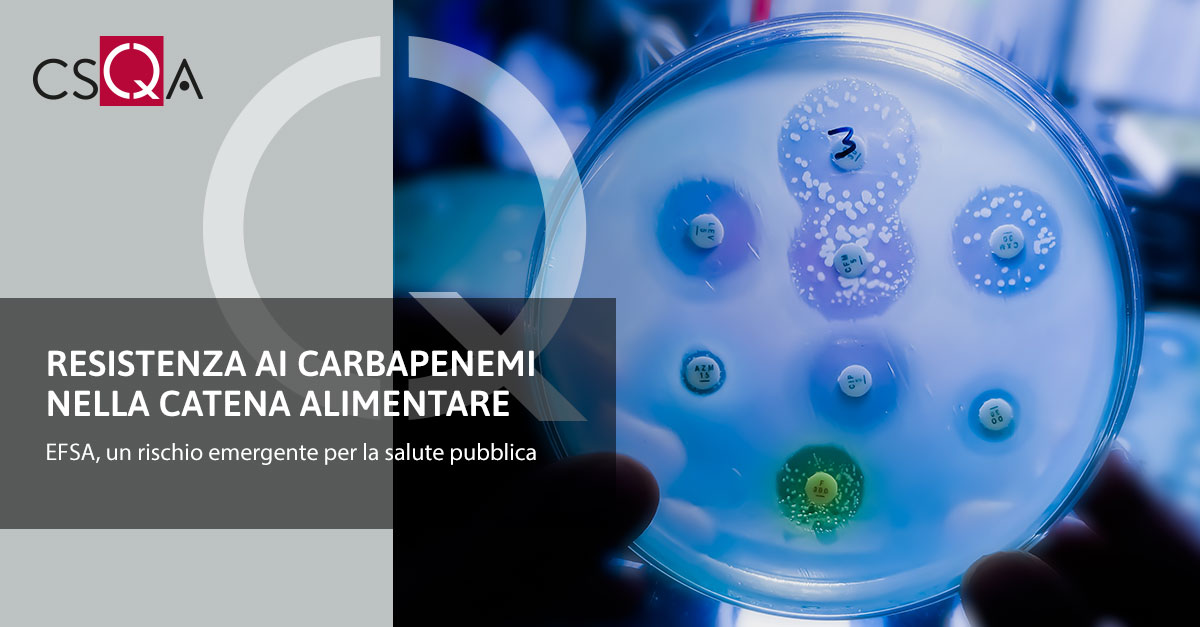 Carbapenemase-producing bacteria , once restricted to hospitals, are now also being found in livestock and food products across Europe, according to EFSA's latest scientific opinion on the presence and spread of carbapenemase-producing enterobacteria ( CPE ) in the EU/EFTA food chain.
Carbapenemase-producing bacteria , once restricted to hospitals, are now also being found in livestock and food products across Europe, according to EFSA's latest scientific opinion on the presence and spread of carbapenemase-producing enterobacteria ( CPE ) in the EU/EFTA food chain.What are CPEs?
CPEs are bacteria capable of producing enzymes, carbapenemases, which render carbapenems, antibiotics used to treat serious infections in humans, ineffective .Their resistance poses a significant threat to public health , given the scarcity of effective therapeutic alternatives.
Although there is no definitive evidence of direct transmission of the bacteria from animals to humans through food, the identification of identical strains in both suggests a potential transmigration.
EFSA's latest opinion, based on a previous assessment from 2013 , reviews data and scientific literature up to February 2025, also drawing on information collected in EU and EFTA countries with the contribution of the European Centre for Disease Prevention and Control (ECDC).
The data collected
The published report reveals that since 2011, CPE have been found in the food chain of 14 EU/EFTA countries.The most frequently reported species include Escherichia coli, Enterobacter, Klebsiella and Salmonella, mainly from swine, cattle and poultry , the animal species routinely monitored for antimicrobial resistance.
Between 2021 and 2023, CPE cases increased significantly in several Member States, highlighting a worrying trend.
To date, 10 of the 30 countries monitored have adopted contingency plans for the control of these bacteria and the investigation of transmission routes.
The recommendations
To contain the phenomenon , EFSA proposes some key actions:- expand monitoring , extending activities to other food sources not yet monitored, such as fish products and vegetables, and to bacterial species such as Klebsiella;
- improve detection methods , develop more effective tools to track and type bacteria, identifying transmission routes , including potential spread through feed and workers;
- focus research on studies to better understand the dynamics of CPE diffusion in the food chain.
Next developments
EFSA will continue to support Member States and EFTA countries to deepen investigations and update data, taking into account the genetic variability present in different countries among animal species.A new opinion is expected in 2027 , which will integrate the latest scientific evidence.
The growing commitment to combat antimicrobial resistance reflects the urgency of a coordinated One Health approach, integrating human, animal and environmental health .
Collective action is essential to effectively limit the spread of carbapenemase-producing bacteria in the food chain, protecting public health in a rapidly changing global context. (Source: https:// www.efsa.europa.eu /)